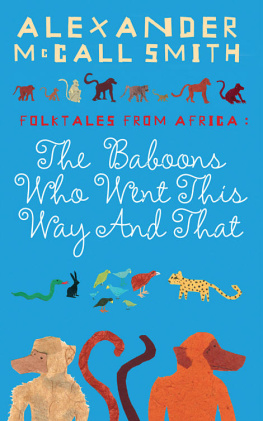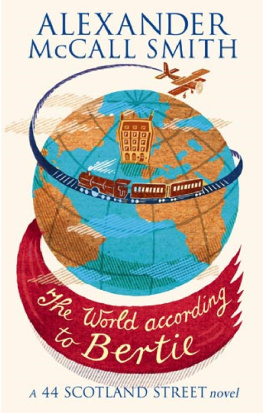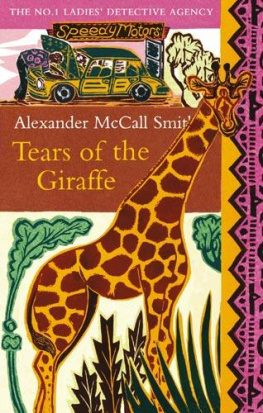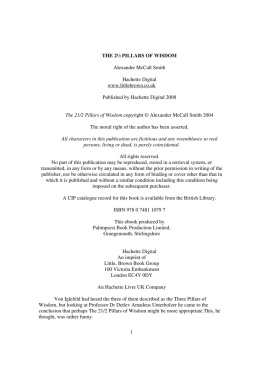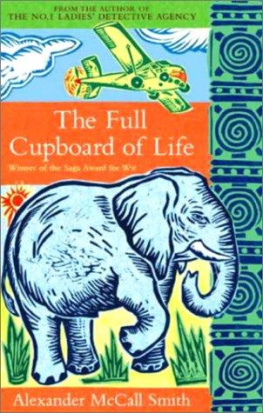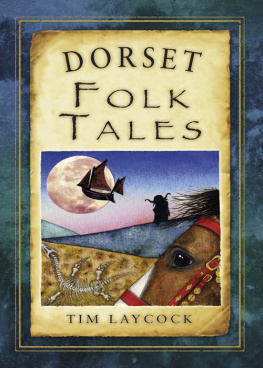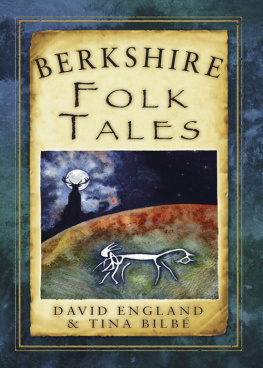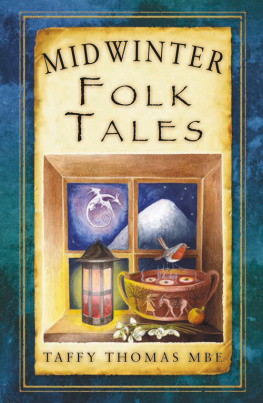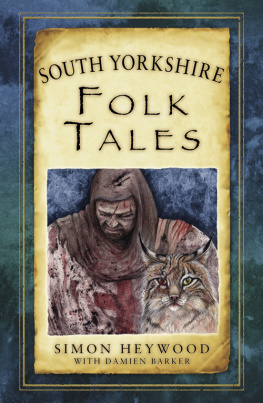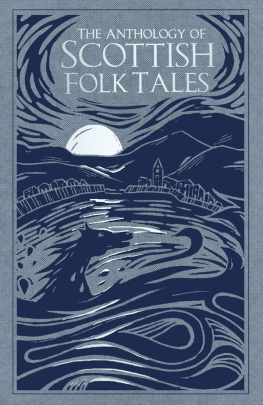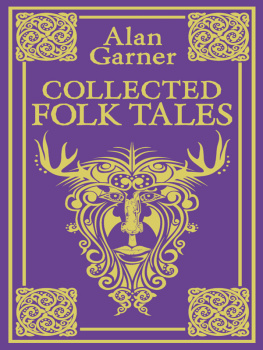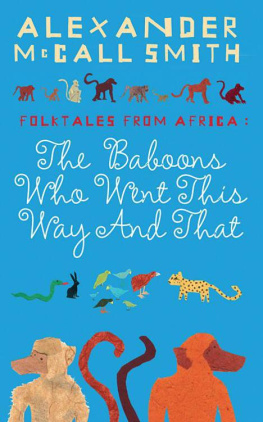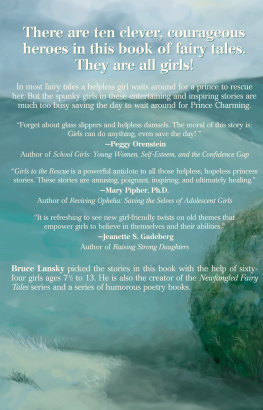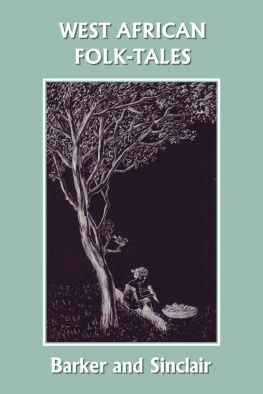Guinea Fowl
Child
A rich man like Mzizi, who had many cattle, would normally be expected to have many children. Unhappily, his wife, Pitipiti, was unable to produce children. She consulted many people about this, but although she spent much on charms and medicines that would bring children, she remained barren.
Pitipiti loved her husband and it made her sad to see his affection for her vanishing as he waited for the birth of children. Eventually, when it was clear that she was not a woman for bearing a child, Pitipitis husband married another wife. Now he lived in the big kraal with his new young wife and Pitipiti heard much laughter coming from the new wifes hut. Soon there was a first child, and then another.
Pitipiti went to take gifts to the children, but she was rebuffed by the new wife.
For so many years Mzizi wasted his time with you, the new wife mocked. Now in just a short time I have given him children. We do not want your gifts.
She looked for signs in her husbands eyes of the love that he used to show for her, but all she saw was the pride that he felt on being the father of children. It was as if she no longer existed for him. Her heart cold within her, Pitipiti made her way back to her lonely hut and wept. What was there left for her to live for now her husband would not have her and her brothers were far away. She would have to continue living by herself and she wondered whether she would be able to bear such loneliness.
Some months later, Pitipiti was ploughing her fields when she heard a cackling noise coming from some bushes nearby. Halting the oxen, she crept over to the bushes and peered into them. There, hiding in the shade, was a guinea fowl. The guinea fowl saw her and cackled again.
I am very lonely, he said. Will you make me your child?
Pitipiti laughed. But I cannot have a guinea fowl for my child! she exclaimed. Everyone would laugh at me.
The guinea fowl seemed rather taken aback by this reply, but he did not give up.
Will you make me your child just at night? he asked. In the mornings I can leave your hut very early and nobody will know.
Pitipiti thought about this. Certainly this would be possible: if the guinea fowl was out of the hut by the time the sun rose, then nobody need know that she had adopted it. And it would be good, she thought, to have a child, even if it was really a guinea fowl.
Very well, she said, after a few moments reflection. You can be my child.
The guinea fowl was delighted and that evening, shortly after the sun had gone down, he came to Pitipitis hut. She welcomed him and made him an evening meal, just as any mother would do with her child. They were both very happy.
Still the new wife laughed at Pitipiti. Sometimes she would pass by Pitipitis fields and jeer at her, asking her why she grew crops if she had no mouths to feed. Pitipiti ignored these jibes, but inside her every one of them was like a small sharp spear that cuts and cuts.
The guinea fowl heard these taunts from a tree in which he was sitting, and he cackled with rage. For the new wife, though, these sounds were just the sound of a bird in a tree.
Mother, the guinea fowl asked that night. Why do you bear the insults of that other woman?
Pitipiti could think of no reply to this. In truth there was little that she could do. If she tried to chase away the new wife, then her husband would be angry with her and might send her away altogether. There was nothing she could do.

The bird, however, thought differently. He was not going to have his mother insulted in this way and the following day he rose early and flew to the highest tree that overlooked the fields of the new wife. There, as the sun rose, he called out a guinea fowl song:
Come friends, there is grain to eat!
Come and eat all this womans grain!
It did not take long for the new wife to realize what was happening. Shouting with anger, she ran out into the fields and killed Pitipitis guinea fowl and his friends. Then she took them back to her hut, plucked out their feathers, and began to cook them.
Mzizi was called to the feast and together he and his new wife ate all the guinea fowl at one sitting. It was a tasty meal and they were both very pleased with themselves for having made such a good start to the day.
No sooner had they finished the last morsel than Mzizi and the new wife heard the sound of singing coming from their stomachs. It was the guinea fowls singing their guinea fowl songs. This, of course, frightened the couple and they immediately seized long knives and stabbed at their stomachs to stop the noise. As the knives pierced their skins, bright blood flowed freely and they fell to the ground. As they fell, from out of the wounds came the guinea fowl and his friends, cackling with joy at their freedom. Soon they were back in the field, eating the last of the grain that was left.
Pitipiti was pleased that she no longer had to suffer the taunts of the new wife. She now owned her husbands cattle and because of this there were many men waiting to marry her. All of them, of course, were happy at the thought that they might marry a wife who had such a clever and unusual child.

